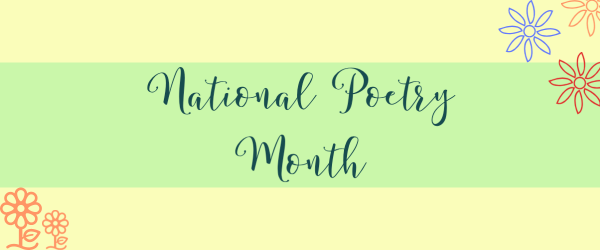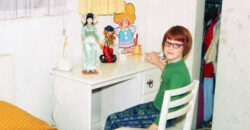Let Your Life Be a Poem

It is National Poetry Month every April. I celebrate poets all year and poets are always keynote speakers at my Life is a Verb Camp. Why poets? Because they see into things in a different way. They go deeper into sense-making than mere mortals usually do, and they use language to fuse equivalences we may have felt but never voiced. They reassure and challenge us in a form that teeters on the edge of the visual and spatial impact of a painting or a sculpture. They are magicians with words, not seeking to reveal but to bare and bear the magic.
We have been scared off from poetry by our English classes in school that demand we find the theme, the meter, the allusions and metaphors, but we don’t need to do anything other than read a poem aloud, feeling the sound of the words in our mouth and on our tongue. Poems should excite our love of language in just that way. A physical knowing, not an intellectual exercise.
Poems shift something in us. Our shifting is subjective–it doesn’t happen with every poem, and it is a different shift for each reader.
Here is one of my favorite poems, this one by Nebraskan poet Ted Kooser in which the shifts in size and perspective delight me:
Among his many books of poetry, Ted Kooser also wrote The Poetry Home Repair Manual: Practical Advice for Beginning Poets (2005), which is a delight.
A new favorite writer and poet is Ocean Vuong. This video of him talking about grief is absolutely beautiful: “Just because you have seen it does not mean you have known it.” You can read more about him here. “As a child,” he says, “I would ask: ‘what is napalm?’”
Speaking of poetry, Fred Peretz Cohn, has written a beautiful novel in verse form that you should read. As has Elizabeth Acevedo.
Osho has written, “Let your life be a painting. Let your life be a poem.” Yes, this. What kind of poem are you writing with your life?









